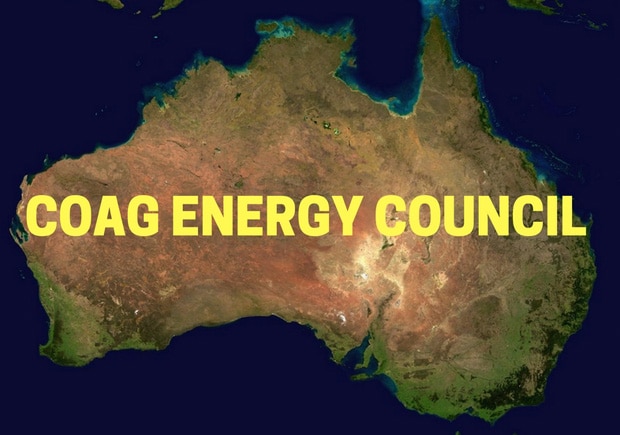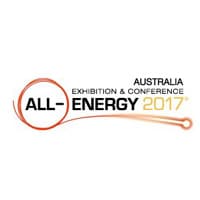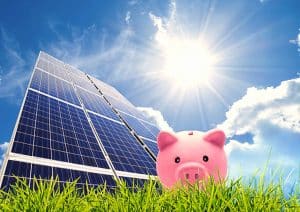Providing Australians with secure, reliable and affordable electricity was the key driver at Friday’s 12th COAG Energy Council meeting.
Ministers from the Council of Australian Governments (COAG) agreed to a series of measures when they met in Brisbane.
The measures are designed to secure future energy supply and avoid a repeat of the blackouts experienced in South Australia in February.
Clean energy was also debated, with the Council deciding not to support the Clean Energy Target proposed under the Finkel Review. The review, released in June 2017, is currently being considered by the Federal Government.
The Council noted that Queensland, Victoria, South Australia and the ACT will instead separately commission further research and work in this controversial area.
What is the Clean Energy Target?
A Clean Energy Target (CET), as outlined in the Finkel Review, is a gradual way of reducing the emissions generally regarded as leading to climate change.
It is designed to avoid swift closures of coal-fired plants, favouring a slower transition to renewable energy sources.
A Low Emissions Target (LET), or emissions intensity scheme, is generally focused on achieving lower emission levels than those laid out in a CET, and reaching emission targets more quickly.

At the COAG meeting the Energy Council did not support tasking the Australian Energy Market Commission (AEMC) to develop design options for implementation of a CET.
It noted instead that the key state governments, along with the ACT, will commission the AEMC to carry out further work to clarify the way forward.
Main findings and recommendations
Actions taken at the meeting were designed to deliver the key energy outcomes of:
- Increased security;
- Future reliability;
- Rewarding consumers; and
- Lower emissions through an orderly transition, system planning and stronger governance.
Consumers could benefit from measures designed to give them:
- Greater price transparency and visibility;
- Real-time control over energy consumption data; and
- Rewards for reducing consumption during busy times.
To prepare for the coming summer, the Australian Energy Market Operator (AEMO) has put in place a series of measures.
These will manage peak demand periods and draft in additional resources on the hottest days.







































